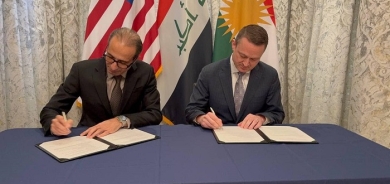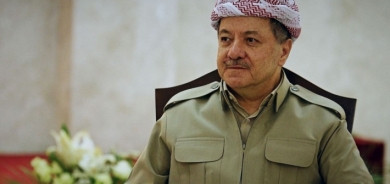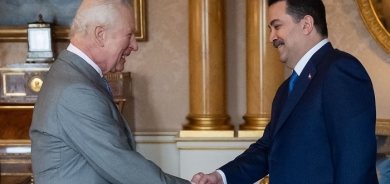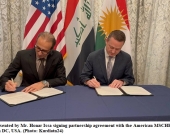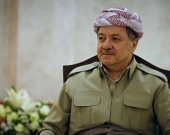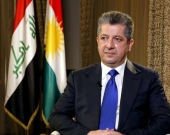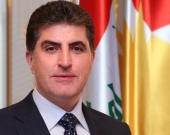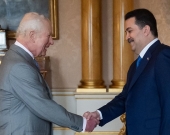Syria crisis: France's Fabius 'confirms sarin use'

Laurent Fabius said lab tests in Paris confirmed usage of the nerve agent, adding that those who resort to chemical weapons must be punished.
But he did not specify where, when or by whom the agent was deployed, and the White House said more proof was needed.
Earlier, the UN said there were "reasonable grounds" to believe chemical weapons had been used.
In a new report, the UN commission of inquiry on Syria also urged foreign powers not to increase the availability of arms in Syria.
UN Secretary General Ban Ki-Moon described the atrocities listed in the report - which details evidence of fresh suspected massacres, sieges and violations of children's rights - as "sickening and staggering", said his spokesman.
Children have been taken hostage, forced to watch torture and even participate in beheadings, says the report.
Others have been killed while fighting in the two-year uprising against President Bashar Assad's regime that the UN says has left at least 80,000 people dead.
Sarin-use referred to UN
Mr Fabius said samples had been taken from unspecified locations in Syria and tested in France.
"These tests show the presence of sarin in various samples," he said in a statement.
The tests came after journalists for French newspaper Le Monde smuggled blood samples out of Syria after witnessing what they believed was a chemical attack in April.
Mr Fabius said the test results had been handed to the UN.
Sarin, an extremely potent chemical nerve agent, is colourless and odourless. The use of chemical weapons is banned by most countries.
Both the Syrian government and the rebels have in the past accused each other of using the weapons.
Talks about talks
The US was continuing its effort to gather evidence about the likely use of chemical weapons, the White House said on Tuesday.
The US and the UK have said there is emerging evidence of Syrian government forces having used sarin, with Washington saying it had "varying degrees of confidence" that chemical weapons had been deployed.
President Barack Obama called in April for a "vigorous investigation", saying the use of such weapons would be a "game changer" if verified.
Mr Assad's government says the claims do not have any credibility, denouncing them as "lies".
A UN team established to look specifically into the issue of chemical weapons had previously said it was ready to go to Syria, but wants unconditional access with the right to inquire into all credible allegations.
Russia and the US are leading an international push for a peace conference on Syria, possibly to be held in Geneva in the next few weeks.
Lakhdar Brahimi, the UN's special envoy for Syria, is holding closed-door talks with US and Russian diplomats in Geneva later on how to get Syria's warring parties to the negotiating table.
That will not be easy, says the BBC's Imogen Foulkes in Switzerland: the opposition groups in Syria still do not agree on who should represent them.
There are also tensions between the EU and Russia over the EU's plan to lift an arms embargo on the opposition, and between Russia and the US over Moscow's commitment to supply air defence systems to the Syrian government.
The UN human rights investigators, who have documented war crimes committed by both sides in Syria, say sending weapons to anyone involved in the fighting would be completely wrong.
BBC


